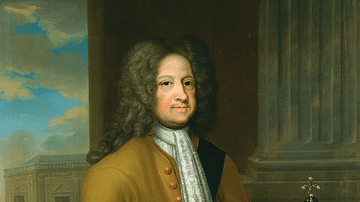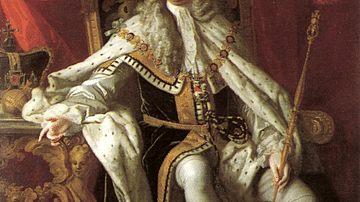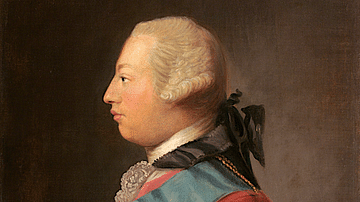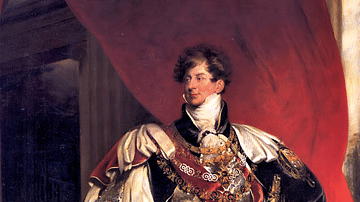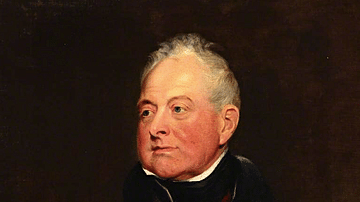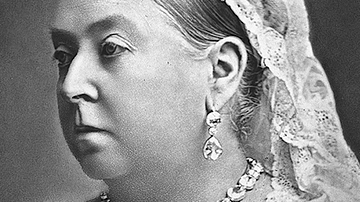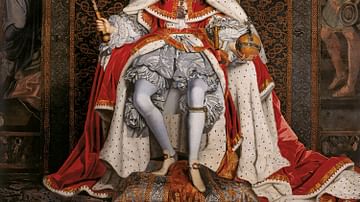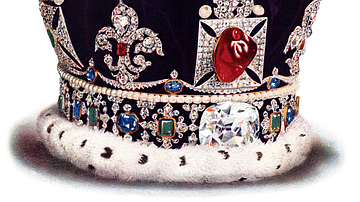The House of Hanover is a royal house that first ruled Hanover and then Great Britain from 1714 to 1901. The British Hanoverians began with George I when he succeeded the last of the Stuart monarchs, Queen Anne of Great Britain (r. 1702-1714), who had no children. George was Anne's nearest Protestant relative. The Hanoverians continued to rule as electors of Hanover, a small principality in Germany.
Initially, the Hanoverians, with their strong German accents and frequent stays in Hanover, were not very popular, but by George III, they had shown they were here to stay. Kings and their heirs seemed never to get on, and the family was bedevilled with scandals. Victoria came to the throne because William IV had no children of his own, and so the family went full circle and strengthened its connections with Germany again, even if the new queen was not permitted to hold the title of King of Hanover (upgraded from Elector by George III). Victoria's descendants took the name Saxe-Coburg-Gotha, the family of their father, Albert, Prince Consort (1819-1861).
In this collection, we examine in detail each of the Hanoverian monarchs who ruled in a period of tremendous change for Britain when the country's empire grew massively, the American colonies were lost, major electoral reforms took place, and the Industrial Revolution transformed how everyone lived.
The British monarchs from the House of Hanover were:
- George I of Great Britain (r. 1714-1727)
- George II of Great Britain (r. 1727-1760)
- George III of Great Britain (r. 1760-1820)
- George IV of Great Britain (r. 1820-1830)
- William IV of Great Britain (r. 1830-1837)
- Queen Victoria (r 1837-1901)
